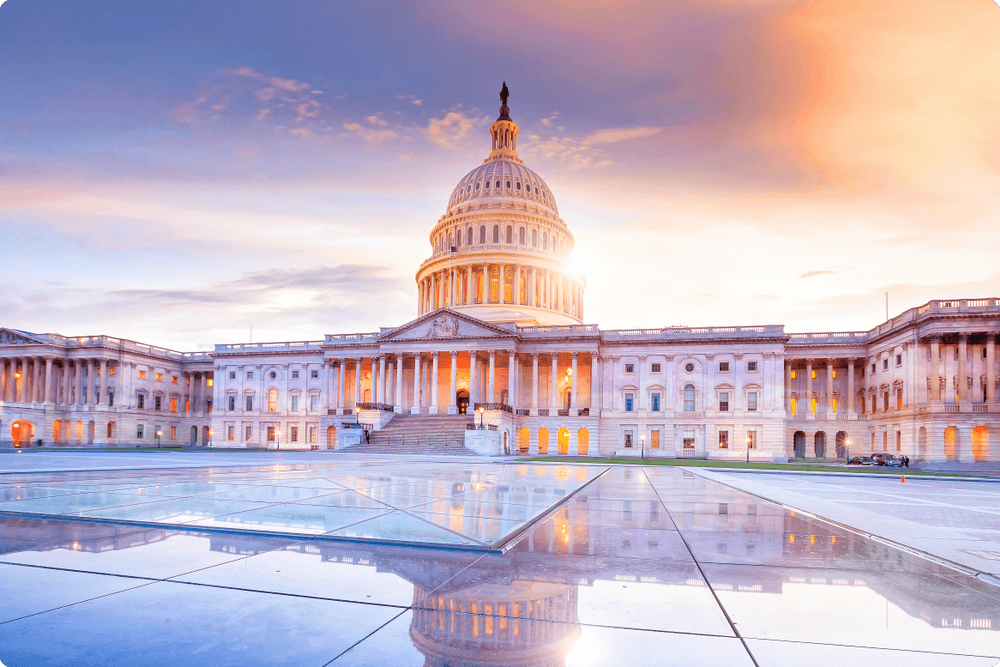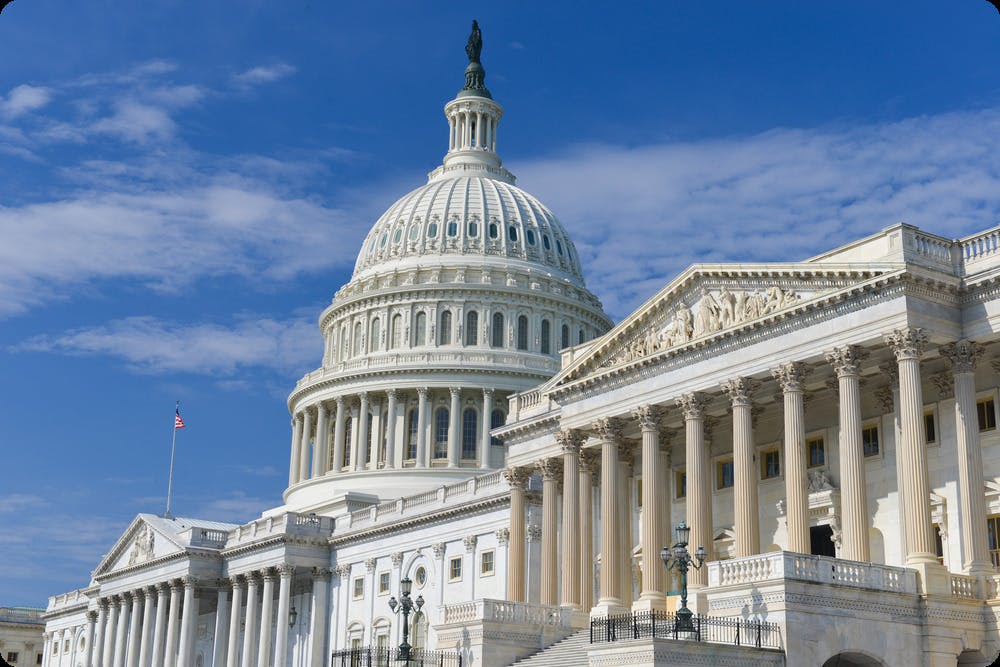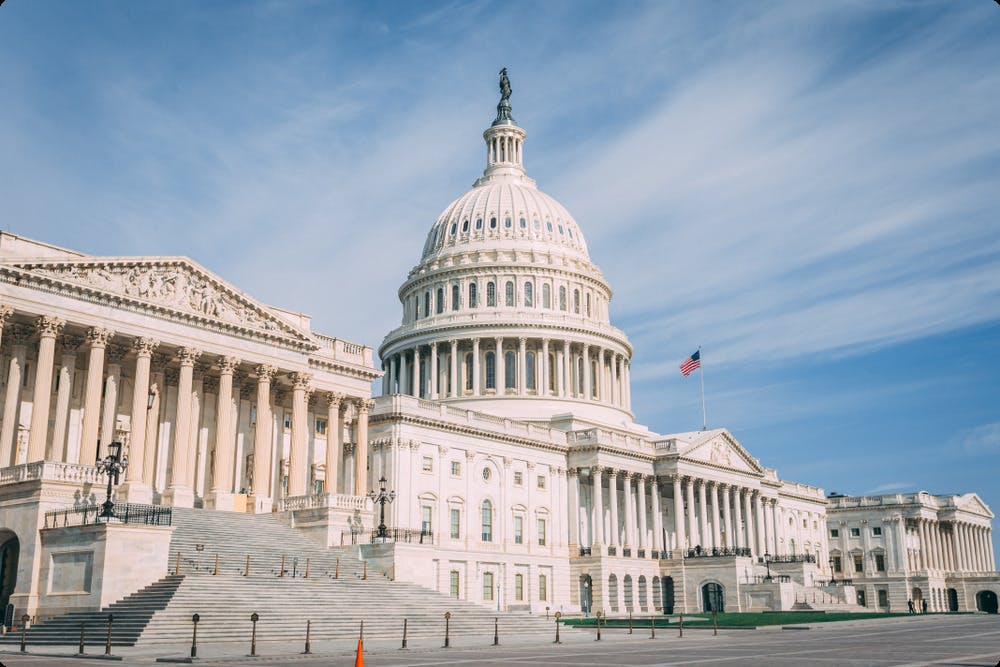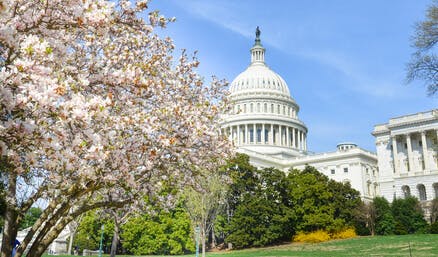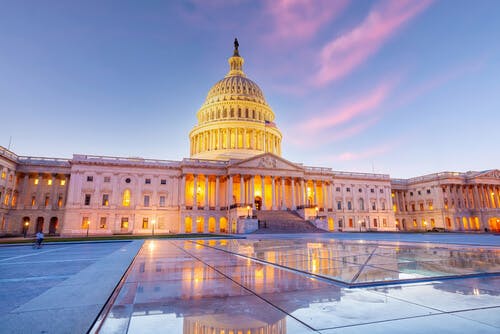With the introduction of the EB-5 Reform and Integrity bill “imminent,” IIUSA believes that the Regional Center Program will be reauthorized and that “few legislators will openly oppose a job creation tool that has proven to be effective and costs no tax dollars.”
Key questions IIUSA answers: Are there other legislative proposals beyond the Reform and Integrity bill? No. What happens if the program is not reauthorized on June 30? Two possibilities exist: a temporary lapse, or a permanent end. IIUSA calls the latter “unlikely.” The national not-for-profit EB-5 association IIUSA has created a video and an FAQ release to address many of the questions industry stakeholders and investors have been asking about the issue of reauthorization.
What is reauthorization?
This term refers to the official extension of the EB-5 Regional Center Program. (As opposed to direct investing through EB-5 which is permanent). The program was created in 1993 with a five-year term. Since then, it has been extended for various periods; however, in recent history, EB-5 extension have been short term as program reauthorization has been included in the government’s annual spending bill. The EB-5 regional Center Program is currently extended to June 30 2021. Reauthorization is required for the program to continue after that time.
Can we expect reauthorization to occur?
IIUSA declares, yes, it believes that reauthorization continue the program past the “sunset” date of June 30 this year. The association cites the importance of EB-5 to the national economy and bipartisan support for the program as main reasons to expect the program to continue.
How is June 30, 2021, different from past expiry dates?
This time the program has been “decoupled” from spending bills and thus will likely need stand-alone legislation to extend it. IIUSA doesn’t know why the EB-5 Regional Center Program was separated from the omnibus spending bill, but it does state that the situation gives the program special attention to be evaluated for both its issues and its economic impact.
What is IIUSA doing to support EB-5 reauthorization?
The organization sees itself as a “unified voice” for the program and is thus working to educate both communities and law-makers about EB-5’s job-creating and economic benefits. Further, in late 2020, Senators Grassley and Leahy reached out to IIUSA to help draft a bill that would both strengthen the program with integrity reforms and reauthorize it for five years. That bill is the The EB-5 Reform and Integrity bill.
IIUSA has also created the Coalition to Save and Create Jobs, with membership from U.S. mayors, chambers of commerce, and businesses that have benefited from EB-5 — especially those impacted by the COVID pandemic, such as hospitality, travel and health care.
The IIUSA campaign to educate about the benefits of EB-5 has a focus on key markets where legislators wield the most clout to reauthorize the program; these markets include New York, Chicago, San Francisco, Silicon Valley, and Washington, DC.
Also, IIUSA has been speaking directly with members of Congress and their staff about the benefits of the EB-5 Regional Center Program and why the Reform and Integrity bill is vital to U.S. interests.
What is the purpose of the EB-5 Reform and Integrity bill, and why should it be supported?
This bill protects investors, protects compliant regional centers and new commercial enterprises; it provides “reasonable oversight”; and it reauthorizes the program for five years. IIUSA describes the bill as the “best first step toward additional and more comprehensive improvement.” It says the bill offers what the EB-5 industry needs in terms of both improvement and long-term extension.
Are there any other legislative proposals to reauthorize the program?
No, there are not.
How will other EB-5 issues — like visa numbers — be addressed?
If the Reform and Integrity bill becomes law, IIUSA is confident that a “renewed, national interest in immigration reform” will allow for future opportunity to consider other program changes that the Reform and Integrity bill does not address: more annual visas, not counting derivative family members towards the quota, etc.
IIUSA’s confidence in future EB-5 program changes is bolstered by the Biden administration’s Comprehensive Immigration Reform bill that shows the new government is “willing to look at steps to positively move immigration programs forward.”
What if the EB-5 Regional Center Program expires after June 30, 2021?
In the event of expiry, only two options appear to exist: the EB-5 Regional Center Program would temporarily lapse, or the program would be permanently discontinued. A temporary lapse is the far more likely scenario as IIUSA (as well as other stakeholders) strongly believe the program will be reauthorized
What would a temporary lapse mean?
Remember that the industry recently witnessed a temporary lapse of the EB-5 Regional Center Program at the end of 2018 when the government shut down; the program had expired on December 22 of that year and was not reauthorized until January 25, 2019.
During that period, pending I-924 applications for regional centers were placed on hold and I-526 and I-485 applications from investors were accepted but also placed on hold. USCIS then continued to process petitions once the program became reauthorized.
This is by far the more likely scenario if program reauthorization doesn’t occur by June 30th of this year. No industry stakeholder has yet to publish any kind of statement that declares a permanent expiry is likely.
What would a permanent expiry would mean?
Such an event would occur if the expiry lasted for a significant length of time and attempts to reauthorized the program stopped or legislation was passed that authorized a permanent end of the program. All EB-5 stakeholders, including IIUSA, recognize the enormous value the program brings to the American economy, and permanent expiry would be a staggering shock to everyone in the industry and would likely lead to a huge number of lawsuits against the government as petitioners awaiting processing would then be denied, including petitions filed as far back as 2018.
‘Few legislators will openly oppose’ the economic benefits of EB-5
In considering this “unlikely” scenario, IIUSA repeats their mantra of the economic impact of EB-5: “The EB-5 Regional Center Program has widespread support from lawmakers as an economic development tool and job creation program. Few legislators will openly oppose a job creation tool that has proven to be effective and costs no tax dollars.”
For a country that needs economic stimulus in the most urgent way possible, a new immigration-friendly administration would have no good reason to turn away a job-creation program with a proven history of helping cities across the country employ people and create significant U.S. businesses.
The future of EB-5
The more appropriate question regarding EB-5 should not be “will it be authorized?” but how will this happen. The Reform and Integrity bill addresses the issues that critics of the program have harbored for years. But, if for some reason the bill doesn’t pass, many expect the program to be bundled into an omnibus bill later in the year and reauthorized that way.
How to advocate for long-term reauthorization of EB-5
If you support the IIUSA message about the vital importance of EB-5 and want long-term reauthorization of the program, express that support by joining the association’s Coalition to Save and Create Jobs. Membership is free. Join today.
See the IIUSA article “Answering the industry’s FAQs on EB-5 reauthorization”

